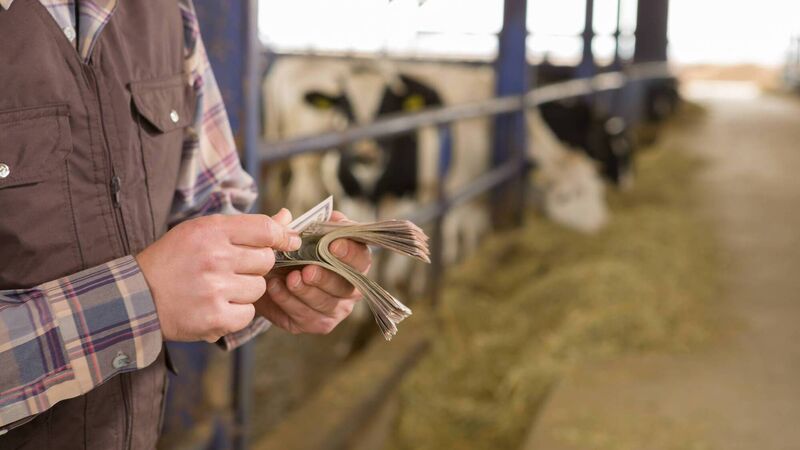State aid fix to unlock farm loans from Microfinance Ireland

Microfinance Ireland was set up by the Government to help micro-enterprises that cannot get funding from the main banks.
EU state aid regulations have cut off a valuable source of credit for Irish farmers since 2023, but agriculture minister Martin Heydon has indicated it will soon return.
Over 10 years since 2013, Microfinance Ireland (MFI) made 182 loans to Irish farmers, totalling €3,252,368.











